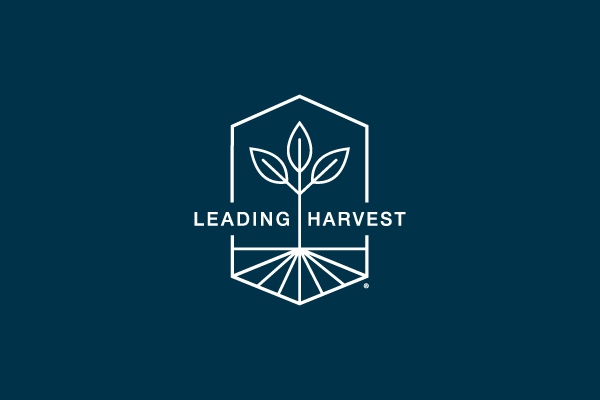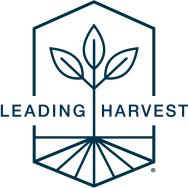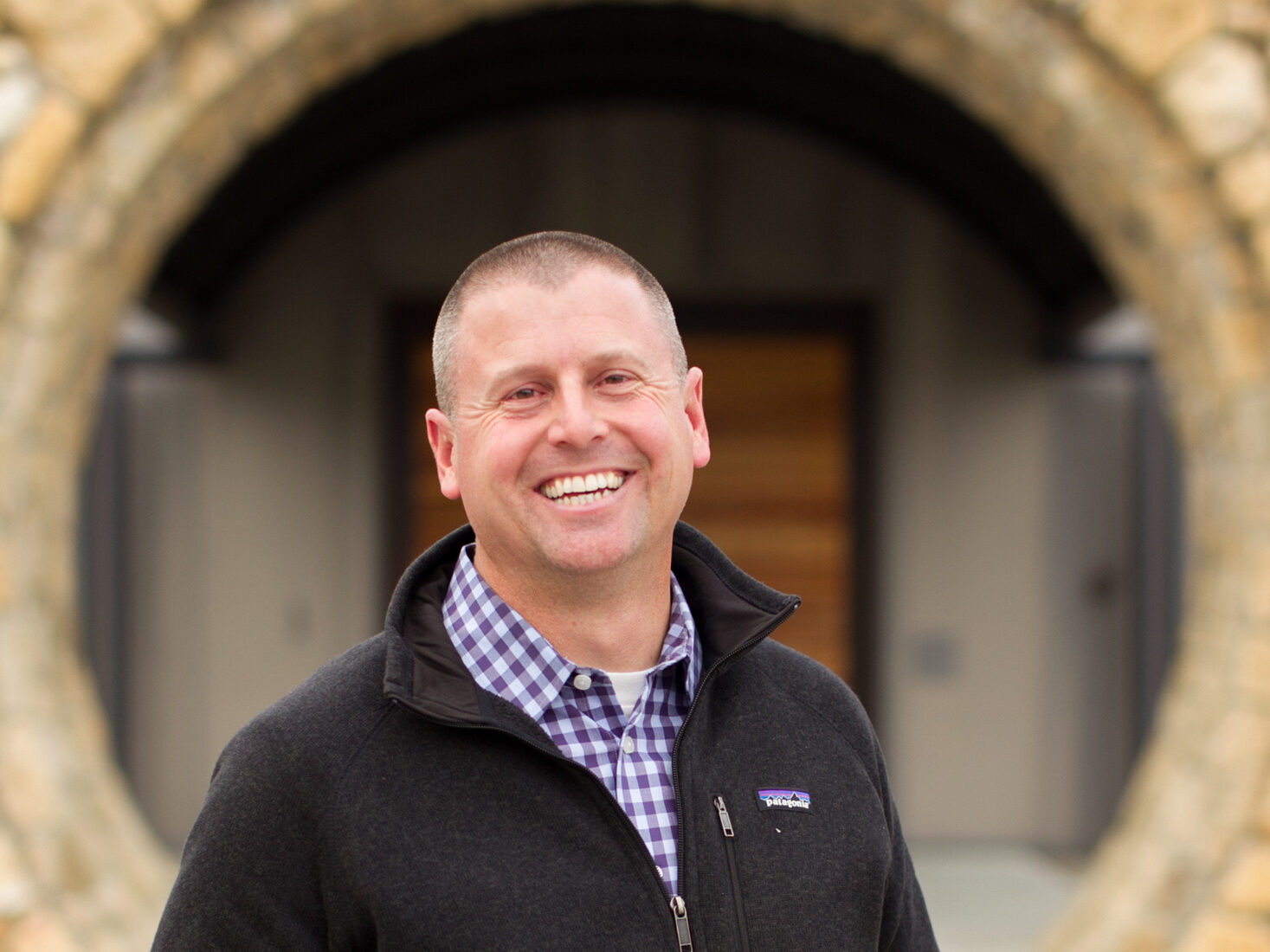K•Coe Isom Testimonial with Matt Armstrong
Matt Armstrong
Senior Associate
K×Coe Isom

How did you and K×Coe Isom first get involved with the Leading Harvest and the Farmland Management Standard?
We first got involved back in 2018, when I met one of the early supporters of Leading Harvest at a conference. They had presented on some of the challenges they were facing finding an organization that understood both traditional audit methodology and best practices in sustainable agriculture in order to provide assurance on a new agriculture standard. The initiative they hinted at was exactly the opportunity we had been looking for to expand assurance practices in sustainable ag: a unified group attempting to certify sustainable operations across large areas of prime farmland. I approached them after the conference and our conversations quickly led to some consulting engagements, testing how theory could work in the field. That engagement grew quickly into the work that we have done on the Leading Harvest Farmland Management Standard.
How do K•Coe Isom and Leading Harvest’s missions intersect?
Leading Harvest and K•Coe Isom have a shared ethos of continuous improvement. Opportunities for continuous improvement can be found throughout the agricultural industry, and being a part of Leading Harvest ensures that a standard user has access to those opportunities. Both of our organizations are looking to help create a world in which agriculture is both profitable and sustainable for generations to come.
Can you walk me through the auditing process of Leading Harvest? How do auditors properly assess such a large diversity of agriculture?
At the beginning of the process, a certification body like K×Coe assembles a team comprised of a lead auditor who really understands the rules and requirements of auditing and pairs them with agricultural experts who have deep familiarity with specific geographies, crops, and management systems. This combination of audit expertise and region and crop-specific agricultural expertise is what allows a certification body to audit across the large diversity that exists in agriculture.
Then, to manage the significant scale of agriculture and reduce the costs of audits, K×Coe employs a methodology that we call double sampling. We begin the audit process by taking a portfolio of agricultural land holdings and breaking it down into land units by regions. Then, within those regions, we test a random, statistically significant sample of acres that is of a quality that can reliably represent the population as a whole.
This approach is reinforced by a practice of annual review, which means that the samples that we take for the program user in the next year will be independent and different from the samples that we took the preceding year. Over time, we should be covering every single acre of the portfolio. These are techniques that we are taking from the somewhat different practices of financial (FASB) and quality management (ISO) auditing and applying to sustainable agriculture. There are a number of systems we use aspects of, such as ISAE 3000 for non-financial assurance, COSO frameworks for internal control review, AICPA guidance for risk management and testing, and also existing recognized assurance methods, such as AccountAbility’s AA1000AP.
Why is assurance so important?
The practice is called assurance for a reason. It’s a powerful word — to assure and give confidence. The Standard is only as good as its assurance. Investment bodies and individuals have been asking for this. On a fundamental level, they are investing in land that is expected to serve both their current and future needs. That’s what sustainability means to us and them.
We define sustainability as the ability to provide for current needs without degrading the ability to produce and provide for future needs. This definition encompasses economic, conservation, and environmental concerns equally. This is the age-old definition of sustainability that many responsible farmers know well.
Why is it important for there to be independence between the auditors, the standard-setting body, and the users?
If we as the certification body had a say in the rules that we are testing, the strength of the system we are testing would be weakened. If we made decisions for a land manager that demonstrated conformance to a standard, those decisions would not honestly be coming from within the organization being tested, which would therefore weaken the reputation of the program overall.
In auditing, the way that you keep the system strong and unassailable is through clear independence between the certification body, the user, and the standard-setting organization. Credibility in the assurance process depends on that clear independence
What’s next for Leading Harvest and K•Coe Isom?
For us, what’s next is to continue supporting the users of the Standard through providing annual audit services to keep their portfolios in conformance across their operations. We fully support the mission of Leading Harvest and will continue to promote Farmland Management Standard users who take part and encourage other land managers to register their own acres.





